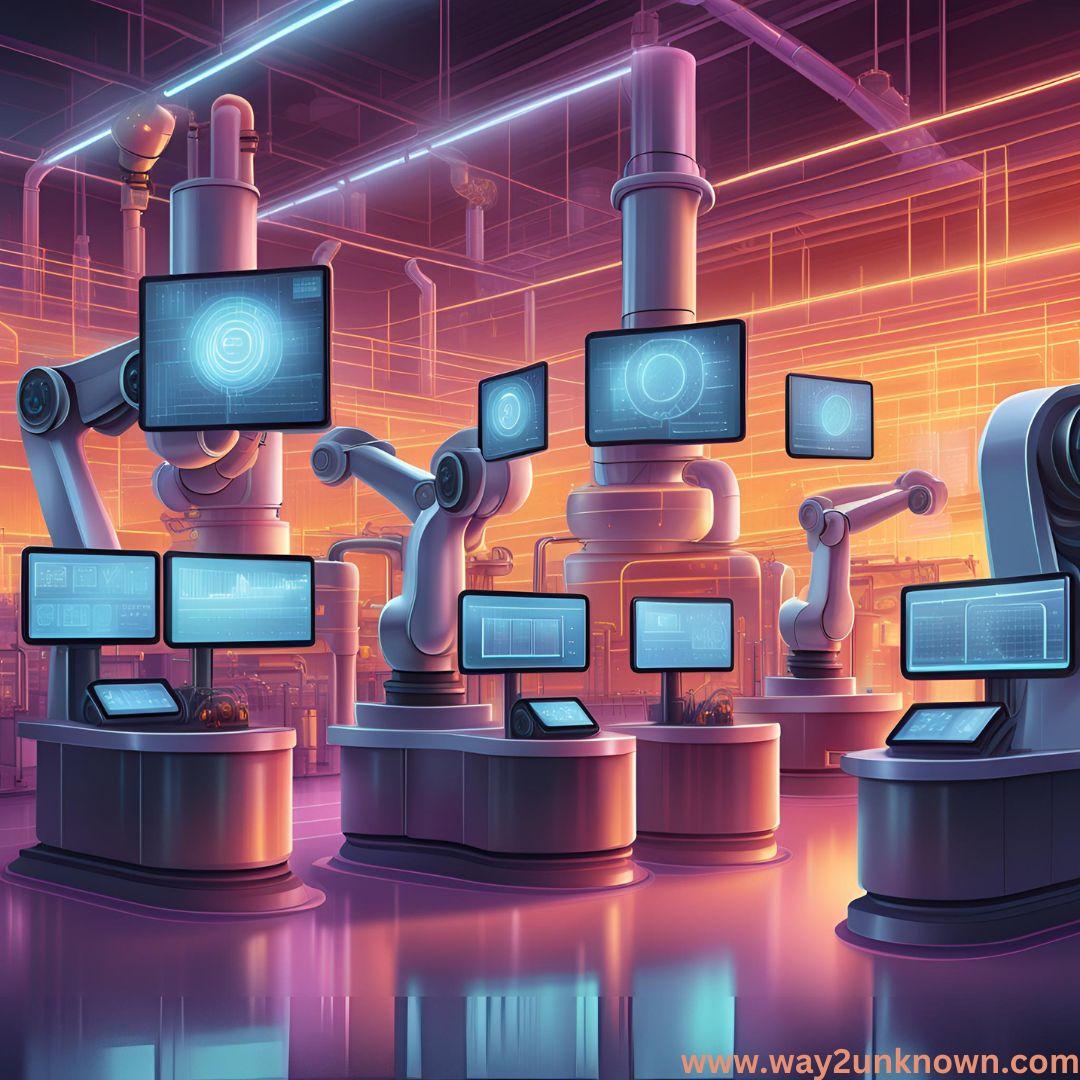Adaptive Manufacturing Processes: Pioneering the Future with AI and Real-Time Adjustments

In the ever-evolving landscape of manufacturing, the advent of adaptive manufacturing processes powered by Artificial Intelligence (AI) marks a significant leap toward efficiency and innovation. These processes harness real-time feedback from sensors and Internet of Things (IoT) devices, enabling manufacturing systems to automatically adjust operations on-the-fly. This dynamic adaptability is at the heart of smart factories and Industry 4.0 initiatives, revolutionizing the way products are made and optimizing the entire production lifecycle.
Adaptive manufacturing processes are designed to respond to real-time data collected from a network of sensors embedded throughout the production line. These sensors monitor a myriad of variables, including temperature, pressure, vibration, and more. AI algorithms analyze this data instantaneously, making adjustments to maintain optimal conditions and improve product quality. For instance, if a sensor detects a deviation in temperature that could affect the integrity of a material, the system can immediately modify the heating parameters to correct the issue, ensuring consistency and reducing waste.
The integration of AI with IoT devices facilitates a level of precision and responsiveness previously unattainable. This synergy forms the backbone of smart factories, where machines communicate with each other and with centralized control systems to streamline operations. In such environments, production lines can be reconfigured in real-time to accommodate changes in product design or demand, greatly enhancing flexibility and reducing downtime.
Industry 4.0 initiatives, which emphasize the digital transformation of manufacturing, are driving the adoption of these adaptive processes. By leveraging AI and IoT, manufacturers can achieve unprecedented levels of automation and intelligence. Predictive maintenance, another key aspect, uses AI to foresee potential equipment failures, allowing for preemptive action that minimizes disruptions and extends the lifespan of machinery.
In conclusion, AI-enabled adaptive manufacturing processes are revolutionizing the industry by allowing real-time adjustments based on sensor feedback. This innovation underpins the concept of smart factories and aligns with Industry 4.0 goals, paving the way for more efficient, flexible, and resilient manufacturing systems. As these technologies continue to evolve, they promise to transform production landscapes, driving progress and competitiveness in the manufacturing sector.